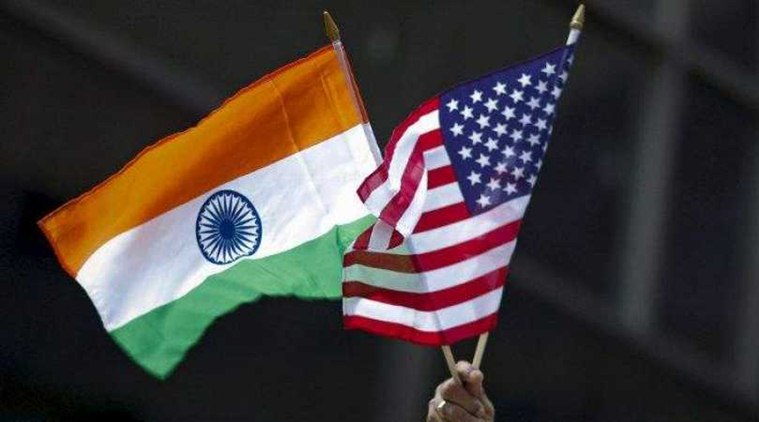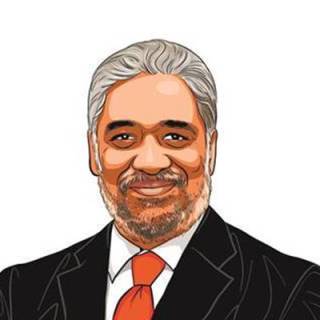Raja Mandala: A dialogue, an opportunity
US commerce secretary’s visit could be an occasion for Delhi and Washington to heed the lessons of the past, ease trade tensions .

Trade issues are not a formal part of this week’s dialogue in Delhi between the visiting US Commerce Secretary Wilbur Ross and Union Commerce Minister Suresh Prabhu. But there is no doubt that mounting trade tensions between India and the US have cast a dark shadow over the talks. The immediate danger is that the US might withdraw India’s trade benefits under the so-called Generalised System of Preferences that Delhi has enjoyed since the mid-1970s.
Yet, this week’s dialogue must be seen as an opportunity to step back from confrontation and take a more strategic approach to resolving the current differences over a large number of issues. They include market access, reciprocity in tariffs, trade deficit, predictable investment rules and data localisation to mention a few. Over the last two decades, Delhi and Washington have dealt with and resolved far more complex issues. If Prabhu and Ross recall the basic lessons from the transformation of this relationship, they can arrest the current drift and start finding a way out.
The first is to recognise the value of the trade relationship between the two countries and its huge potential. There was a time, less than two decades ago, when “flat as a chapati” was the preferred label for US-India trade relations. Since then, the annual two-way trade has grown rapidly to touch nearly $130 billion last year (including trade and services).
For India, the US is probably the most important trade partner today and will remain so for a long time. For Washington, the size of the trade volume with India is quite low in comparison with its other key partners like Canada, Mexico, the European Union, Japan and China. But the potential remains high as India emerges as the world’s third-largest economy. It should, therefore, be the highest political priority for India and the US to turn this trade relationship into a deeper and more sustainable one.
Second, both countries need to be sensitive to the domestic political considerations. As India enters the election mode, this is perhaps the worst possible moment for the US to take actions like the withdrawal of GSP benefits. The volume of Indian exports involved is quite small, but the political impact could be way out of proportion.
That public pressure is not the best way to negotiate with India is a dictum that President Donald Trump’s recent predecessors in Washington understood well. On its part, Delhi needs to pay greater attention to the profoundly altered environment in Washington on trade related issues.










.png)




























No hay comentarios:
Publicar un comentario